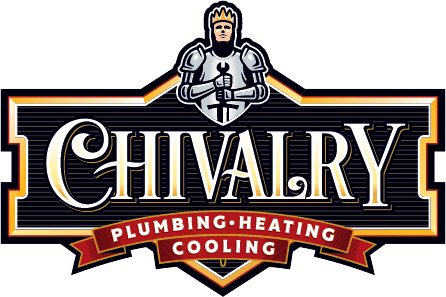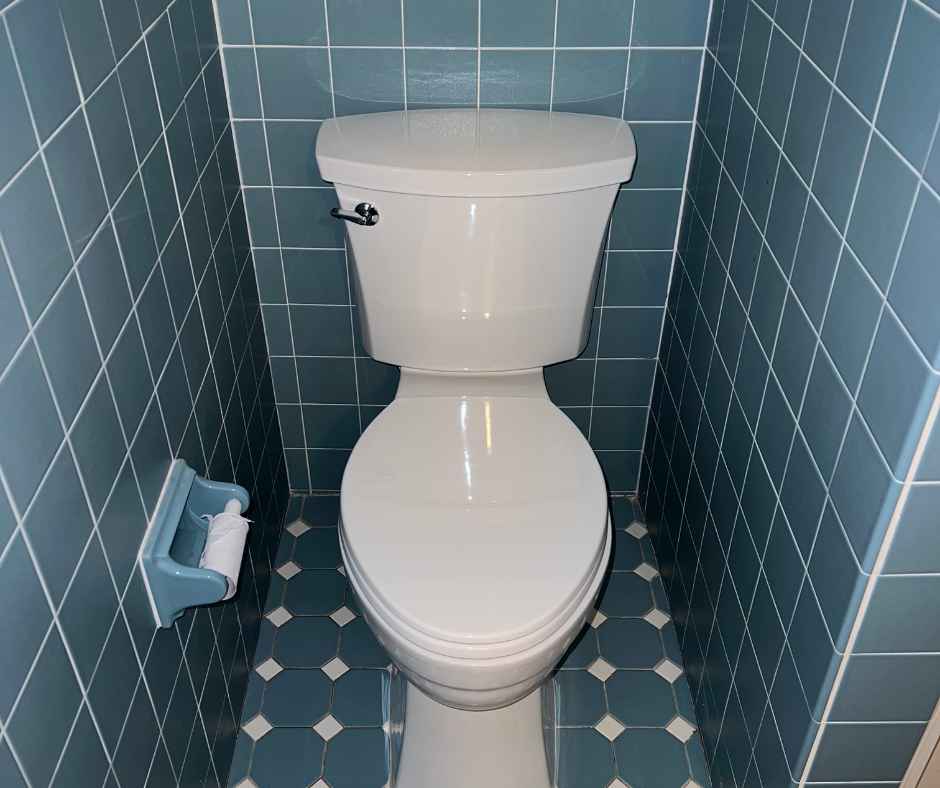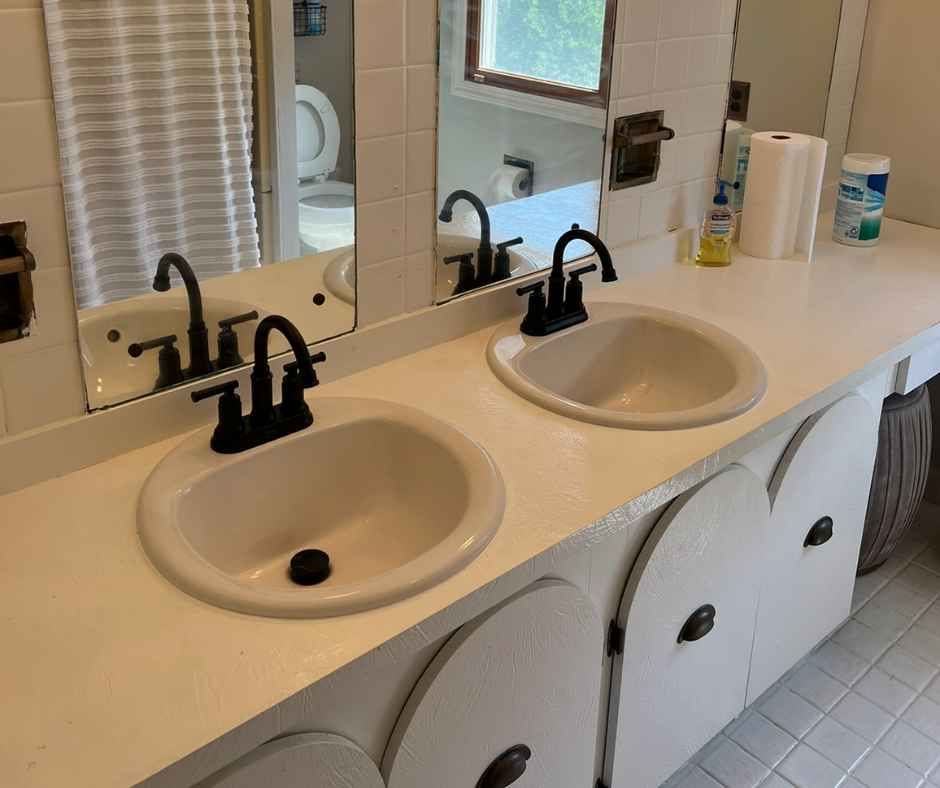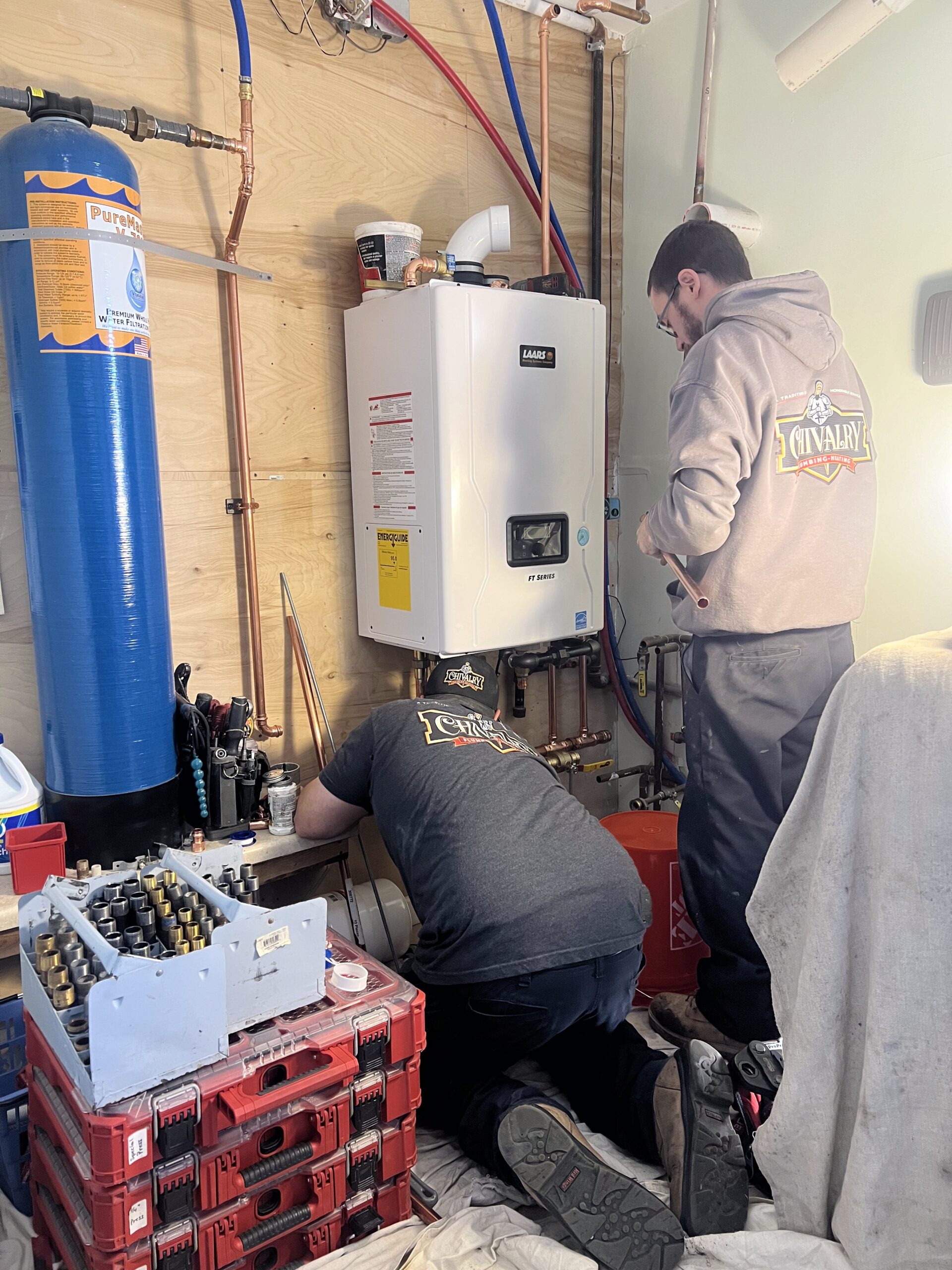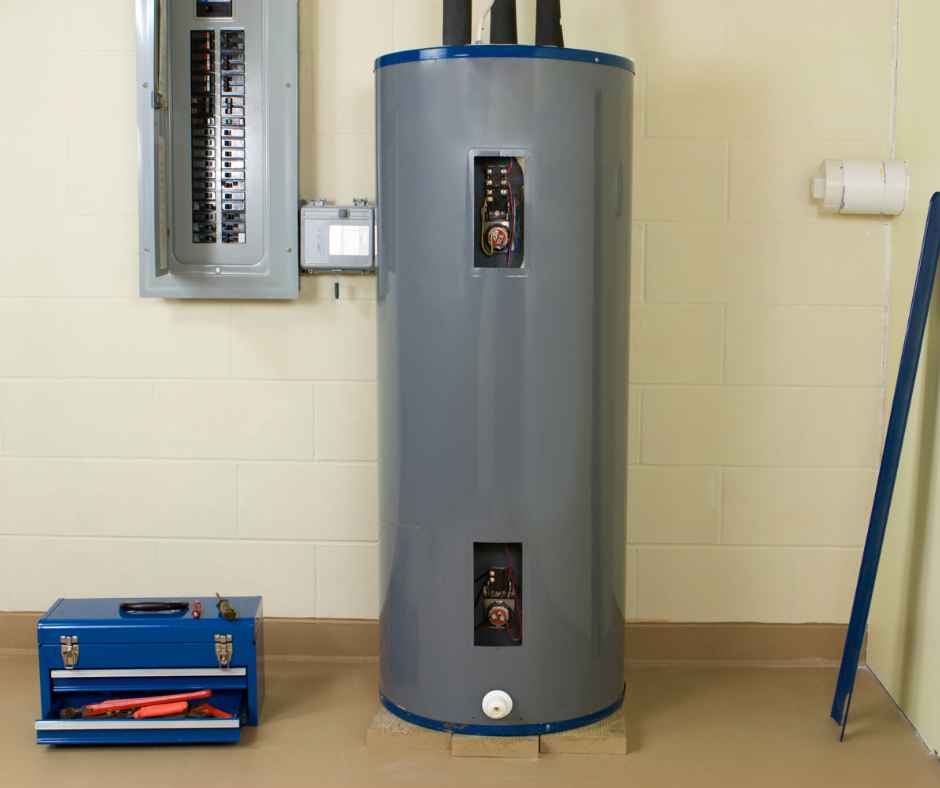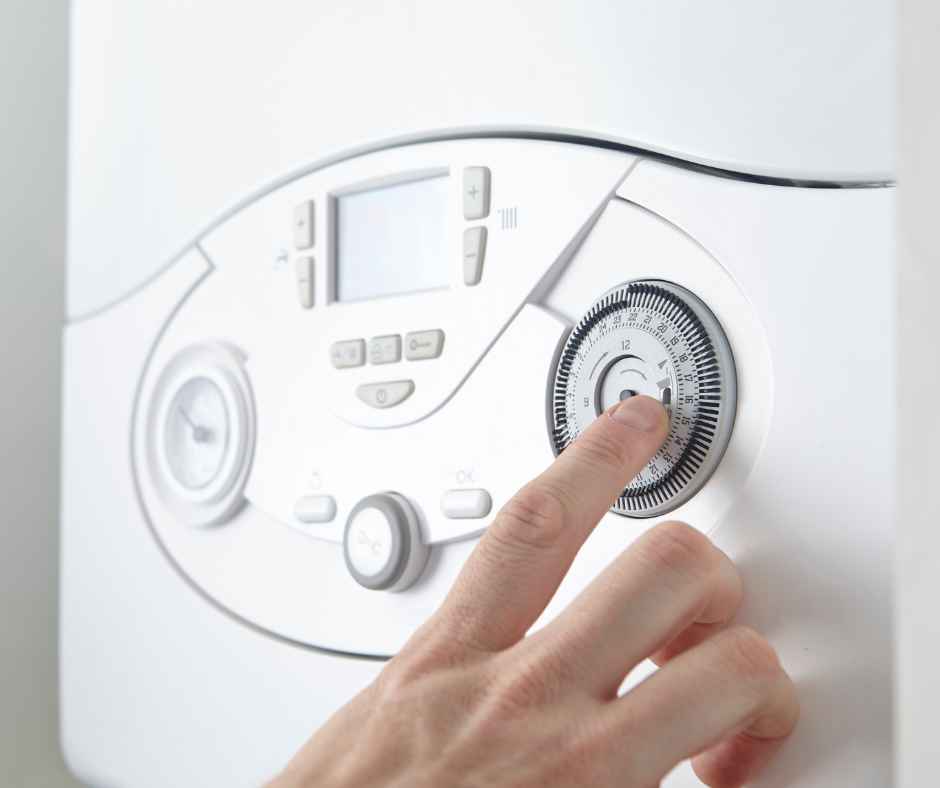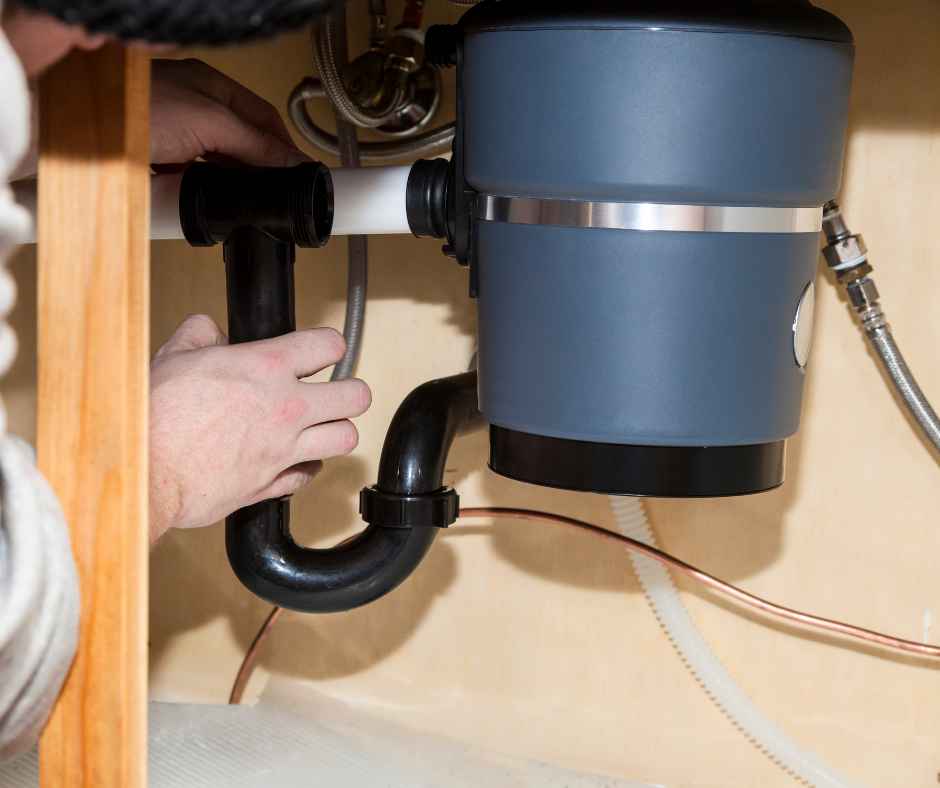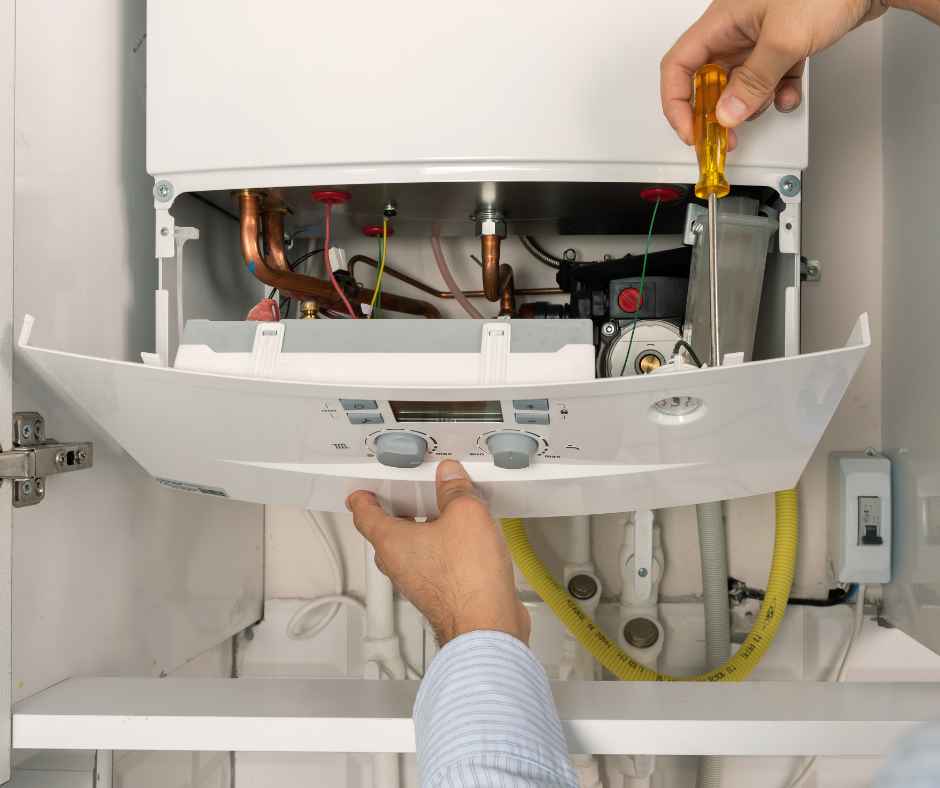
Choosing the Right Boiler For Your Home
Selecting the right boiler for your home is a key step toward ensuring a warm, energy-efficient, and comfortable environment, especially when the winter months roll in. With so many types and models available, it’s important to understand the features and benefits of each so you can make an informed choice. In this guide, we’ll walk you through the main types of boilers, factors to consider when choosing one, and the benefits of professional installation.
How Does a Boiler Work?
A boiler heats your home by converting water into steam or hot water, distributing heat through radiators or underfloor heating systems. Beyond simple warmth, boilers play an essential role in energy efficiency, heating costs, and the overall comfort of your home. The right boiler can enhance both comfort and cost savings, so knowing what’s available is important.
Types of Boilers
Choosing the right boiler means first understanding the different types available. Here are the most common boiler types for residential homes:
Combi Boilers
Combi (or combination) boilers are compact units that provide both heating and hot water without the need for a separate water tank. They are popular for smaller homes with limited space and are generally more energy-efficient since they only heat water when it’s needed.
- Benefits: Instant hot water, compact and space-saving, lower installation costs
- Considerations: May not be suitable for larger homes with multiple bathrooms; limited water flow when used simultaneously for heating and hot water
System Boilers
System boilers, also known as sealed system boilers, heat water for radiators and a separate hot water storage cylinder. They don’t require a water tank, making them more compact than traditional boilers but still capable of meeting the demands of homes with higher hot water usage.
- Benefits: Great for homes with multiple bathrooms, constant supply of hot water, lower energy consumption than conventional boilers
- Considerations: Requires a separate cylinder, which can take up additional space; hot water can run out if multiple showers are used at once
Conventional Boilers
Also known as regular or heat-only boilers, conventional boilers have a separate water tank and hot water cylinder. They are typically larger and are best suited for larger homes with high hot water needs.
- Benefits: Ideal for larger homes with multiple bathrooms, capable of supplying hot water to multiple outlets simultaneously, great for homes with an existing conventional system
- Considerations: Requires more space for both the water tank and hot water cylinder; higher installation costs due to more components
Key Factors to Consider When Choosing a Boiler
Size and Capacity
Selecting a boiler with the right output for your home’s needs is crucial. Measured in kilowatts (kW), boiler capacity affects the heating performance. A boiler that’s too small may not heat your home adequately, while an oversized boiler can waste energy.
For example, a small to medium home with one bathroom might benefit from a 24-27 kW combi boiler, while a larger home with multiple bathrooms may need a system boiler with a capacity of 28-35 kW or more.
Fuel Type
Most boilers run on natural gas, but alternatives such as oil, electric, and LPG (liquefied petroleum gas) boilers are also available, depending on your home’s setup and access to gas lines. While gas boilers are typically more cost-effective, electric boilers offer a more environmentally friendly option and can be ideal for homes without access to a gas supply.
Efficiency Ratings
Efficiency ratings, indicated by the Annual Fuel Utilization Efficiency (AFUE) percentage, help you understand a boiler’s energy consumption. Look for boilers with an efficiency rating of 90% or higher for significant energy savings and reduced utility bills.
The Importance of Professional Boiler Installation
While selecting the right boiler is crucial, professional installation is equally important. Here’s why a certified installer is essential:
Ensuring Safety
Boilers, particularly those using gas or oil, must be installed correctly to ensure safe operation. A professional installer will follow strict safety guidelines to prevent leaks, carbon monoxide emissions, or other hazards that could compromise your home’s safety.
Optimal Performance and Efficiency
Professional installers are trained to set up boilers in a way that maximizes their performance and energy efficiency. Proper installation reduces the likelihood of future issues, extending the lifespan of your boiler and ensuring it operates at peak efficiency.
Compliance with Regulations
Building codes and regulations vary, and only certified professionals have the knowledge to ensure your installation complies with local laws. Compliance not only keeps your home safe but also guarantees your boiler remains within warranty conditions.
Access to Expert Advice
Professional installers provide valuable insights and can help you make the most of your boiler’s features. They can advise on ideal settings, compatible thermostats, and maintenance tips to keep your boiler running smoothly.
Maintenance and Care for Your Boiler
Once your boiler is installed, regular maintenance is key to ensuring it continues to operate safely and efficiently. Here’s how to maintain your boiler:
Annual Servicing
Scheduling annual boiler servicing helps catch any issues early and ensures your boiler remains efficient. A service technician will clean and inspect critical components, check for leaks, and make necessary adjustments to keep your system in top shape.
Bleed Radiators
Over time, air can build up in the heating system, causing radiators to become less effective. Bleeding radiators releases trapped air, helping your boiler work more efficiently and maintaining even heat distribution.
Check the Pressure
Boiler pressure should be between 1 and 1.5 bar. Low pressure can indicate a leak, while high pressure can strain your system. Regularly check your boiler’s pressure gauge and consult a professional if you notice unusual readings.
Insulate Pipes
Insulating your pipes, particularly those running through unheated areas, can prevent heat loss and reduce the risk of frozen pipes in winter. Pipe insulation is a cost-effective way to keep your boiler operating efficiently.
Power Flushing
Power flushing removes sludge, rust, and debris from your heating system. This can improve heating efficiency and prevent common boiler issues, such as noisy radiators or uneven heating. Consult a professional to determine if your system needs power flushing.
Signs It’s Time for a New Boiler
If you have an older boiler, it may be time to consider an upgrade. Here are a few signs that it may be time to replace your boiler:
- Frequent Breakdowns: If repairs are becoming frequent and costly, an upgrade may be more cost-effective.
- Increasing Energy Bills: Older boilers lose efficiency over time, leading to higher heating costs.
- Inconsistent Heating: If some rooms are colder than others, your boiler may be struggling to keep up.
- Strange Noises: Banging, whistling, or gurgling sounds often indicate a malfunction or an issue with your boiler’s components.
- Age of the Boiler: Boilers typically last 10-15 years. If your boiler is nearing this age range, an upgrade can save on energy and repair costs.
Final Thoughts
Choosing the right boiler and ensuring professional installation can save you both money and stress. With options suited to different home sizes, energy needs, and budgets, selecting a boiler that meets your requirements can make all the difference in your home’s comfort and efficiency. And with Chivalry Plumbing & Heating by your side, your home is in the hands of trusted professionals who treat every installation as a noble duty.
Investing in the right boiler and maintenance will keep your home warm for years to come, ensuring you stay comfortable even during the coldest winter nights.
